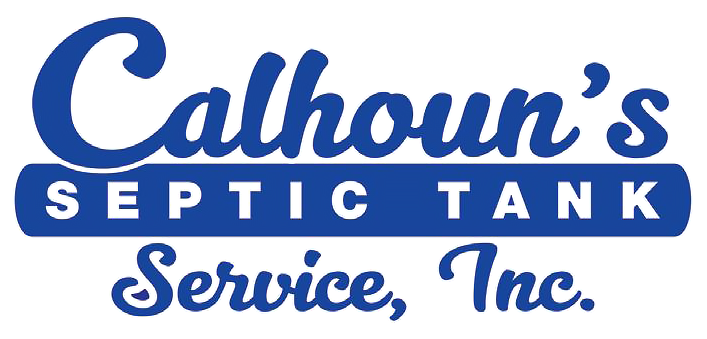Expert Advice from Calhoun’s Septic Tank Service, Inc
At Calhoun’s Septic Tank Service, Inc, our mission is to equip homeowners with reliable information and practical guidance for keeping their septic systems in optimal condition year-round. Maintaining your septic system doesn’t have to be complicated. With regular care and attention, you can ensure its smooth operation and avoid costly repairs or replacements. Our expertise is rooted in years of hands-on experience and a genuine commitment to customer satisfaction.
10 Tips for Keeping Your Septic System in Top-Notch Condition
Schedule Regular Inspections
Have your septic system inspected by a professional every 1-3 years. Regular inspection ensures early detection of issues and confirms the system is functioning properly.
Pump the Tank on Schedule
Arrange for pumping every 3-5 years, or as recommended by your inspector. Timely pumping prevents overflow, blockages, and damage to your drain field.
Be Mindful of Water Usage
Excessive water can overload your system. Space out laundry loads and fix drips or leaks immediately. Water conservation benefits your septic health and the environment.
Only Flush Septic-Safe Materials
Avoid flushing anything other than human waste and toilet paper. Items like wipes, feminine products, and chemicals can cause clogs or disturb bacterial balance.
Protect the Drain Field
Never park vehicles or place heavy objects over the drain field. Keep trees and deep-rooted plants at a distance to prevent root intrusion and damage.
Direct Runoff Away from the System
Make sure roof drains, gutters, and sprinkler systems direct water away from the septic area. Excess water can saturate the drain field and lead to failure.
Use Septic-Safe Household Products
Opt for cleaning products labeled “septic safe” to preserve the balance of bacteria needed to break down waste efficiently.
Limit Use of Garbage Disposals
If you have a garbage disposal, minimize its use. Food waste adds solids to the tank, requiring more frequent pumping and increasing the risk of clogs.
Maintain Accurate Records
Keep detailed records of inspections, maintenance, and repairs. At Calhoun’s every service provided is documented in our CRM system with key notes, dates and pictures of the before and after work. This helps track your system’s history and ensures timely upkeep.
Educate Your Household
Make sure everyone in your home understands what can and cannot go down the drains or toilets. Proper habits across the household yield long-term benefits.
Bonus Tip!
Avoid pouring grease down your sink – grease acts as a binding agent and will clog pipes, tank and the field very quickly.
Caring For Your Septic System
Septic Tank Care & Maintenance in Plant City and surrounding areas:
Septic tanks are often “out of sight, out of mind”—until a nasty surprise enters the home. Understanding how your septic system works and how to care for it is the key to avoiding costly repairs and ensuring your system operates efficiently for years to come.
How Septic Systems Work
A septic tank collects waste and wastewater from your home’s plumbing—sinks, tubs, and toilets. Inside the tank, naturally occurring bacteria break down solid waste. The resulting wastewater (effluent) flows into a drain field, where it is further filtered and safely absorbed into the soil. Over time, the material that floats (scum) and sinks (sludge) will form thickening layers, if left too long these layers can start to clog your inlet and outlet leading to system backups. Subject to how many people are in the home, and water usage, we recommend cleaning out the tank every 2-4 years.
Key Components:
- Grease Trap – Catches greasy substances that can harm the system.
- Filters & Baffles – Prevent solids from leaving the tank.
- Lift Station (if present) – Moves sewage from low to high elevations on the property.
A simple rule: If it’s not human waste, toilet paper, or water—don’t flush it!


